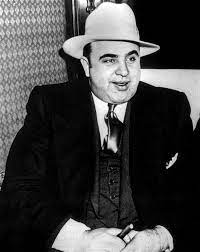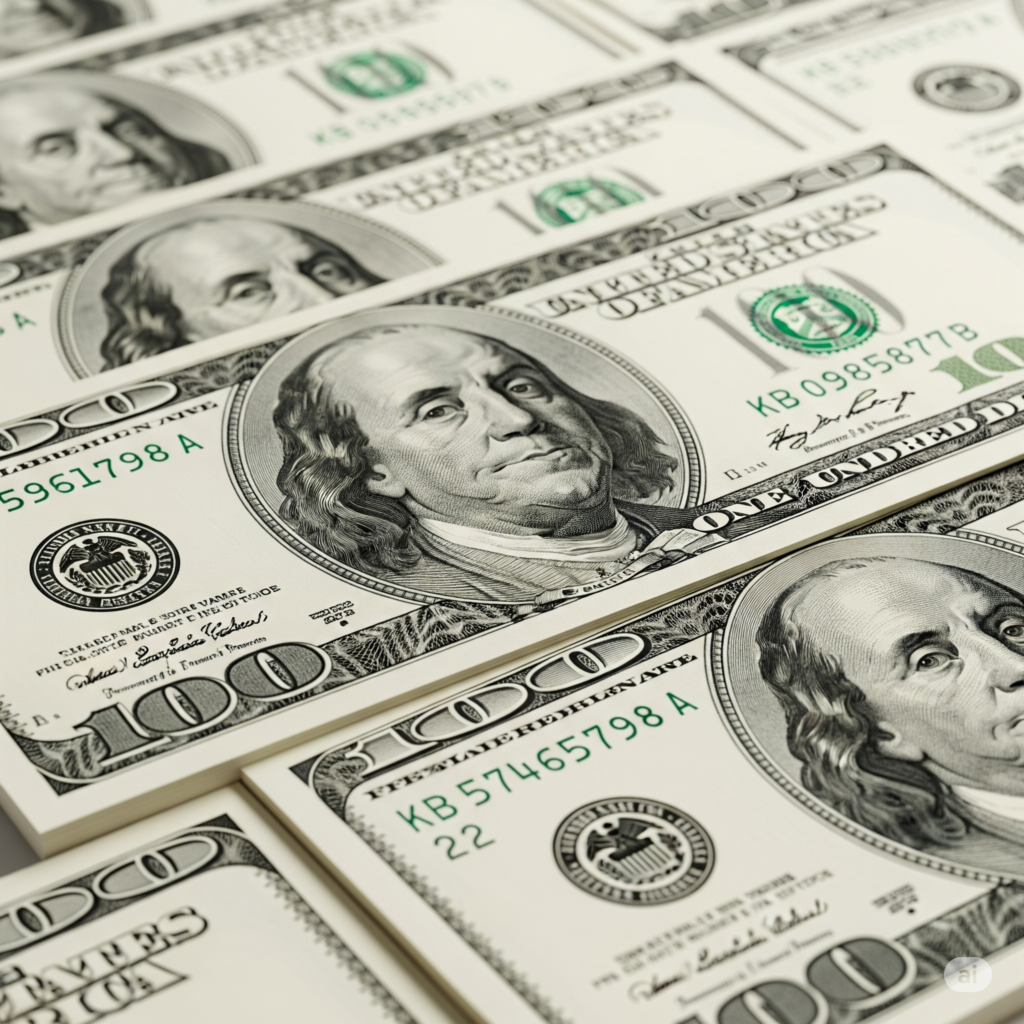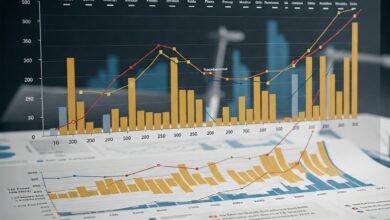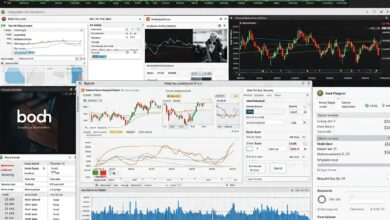Have you ever heard the term “money laundering” and wondered where it came from? It sounds a bit like something out of a spy movie, doesn’t it? Well, you’re not far off! This common phrase, now used globally to describe the process of making illegally obtained money appear legitimate, has a surprisingly colorful and concrete origin, deeply rooted in the criminal underworld. Get ready to discover how the humble laundry business played a starring role in the birth of a notorious financial crime.
Unmasking the Past: The Mafia’s Clever Tactic for Hiding Illegal Profits

To truly understand “money laundering,” we need to rewind to the Prohibition era in the United States, and the infamous rise of organized crime, particularly the Mafia. These criminal syndicates were raking in vast sums of cash from illicit activities like illegal alcohol sales, gambling, prostitution, and extortion. The problem? They had too much “dirty” money – cash that couldn’t be spent or deposited without raising immediate suspicion from tax authorities and law enforcement.
Imagine showing up to a bank with suitcases full of small bills, or trying to buy a mansion with cash that has no traceable origin. It was a huge red flag. The Mafia needed a way to blend their ill-gotten gains with legitimate income, making it seem like the money came from a lawful source. They needed to “wash” it clean.
The Original Spin Cycle: How Laundromats Became Money-Washing Machines

This is where laundromats, or coin-operated self-service laundry businesses, entered the scene. One of the most famous figures associated with this method was Al Capone, though the practice was widespread among various crime organizations. Here’s how the ingenious (and devious) scheme worked:
Criminals would buy legitimate businesses that dealt heavily in cash, like laundromats, restaurants, or vending machine operations. Laundromats were particularly appealing because they handled a lot of small cash transactions daily, making it difficult to track the exact amount of money coming in.
The illicit cash would then be mixed with the legitimate earnings from these businesses. For example, if a laundromat legitimately made $500 a day, the criminals would simply add $1,000 of their illegal money to the daily takings, declaring the total as $1,500. On paper, it looked like the laundromat was simply doing very well. This “cleaned” money could then be deposited into bank accounts, used for investments, or spent without suspicion. The illegal cash was “laundered” through the legitimate business, making it appear as if it had come from clean, legal activities.
From Laundromat to Global Crime: The Evolution of Money Laundering Techniques

While the term “money laundering” literally comes from the use of laundromats, the methods have evolved dramatically since those early days. Today, money laundering is a sophisticated global problem involving complex financial transactions, shell corporations, offshore accounts, real estate investments, and even cryptocurrencies. Criminals use every possible loophole to move their illicit funds across borders and obscure their origins.
However, the core principle remains the same: taking money obtained from illegal activities and making it appear legitimate to avoid detection by authorities. The “dirty” money goes in, and “clean” money (or at least, money that appears clean) comes out.
Why Understanding Money Laundering Matters: Impact on Society and Security
Understanding the origins of “money laundering” helps us appreciate the scale and cleverness of financial crime. This isn’t just about criminals getting rich; it has severe consequences for society. Money laundering fuels serious crimes like drug trafficking, terrorism, human trafficking, and corruption. It destabilizes economies, undermines legitimate businesses, and can even compromise national security.

Governments and financial institutions worldwide now employ vast resources and complex regulations to combat money laundering, making it a constant cat-and-mouse game between criminals and those trying to enforce the law. The next time you hear the term, remember its surprising, humble, and rather sudsy beginnings!




